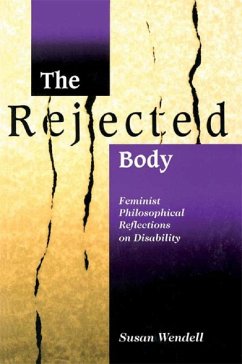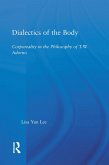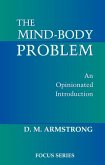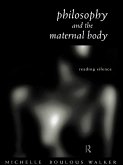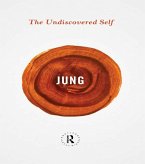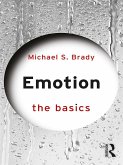Wendell provides a remarkable look at how cultural attitudes towards the body contribute to the stigma of disability and to widespread unwillingness to accept and provide for the body's inevitable weakness.
Dieser Download kann aus rechtlichen Gründen nur mit Rechnungsadresse in A, B, BG, CY, CZ, D, DK, EW, E, FIN, F, GR, HR, H, IRL, I, LT, L, LR, M, NL, PL, P, R, S, SLO, SK ausgeliefert werden.
"The Rejected Body is both a very human and a very humane book. The author, Susan Wendell, a person living with disabilities, shines through this book, and invites the reader to engage with the issues in which she is interested." -- Canadian Journal of Philosophy
"Even within the feminist framework, our definitions, knowledge, perceptions, and treatments of disabilities require rethinking. A well-informed deconstruction." -- Ms. Magazine
"The Rejected Body makes an important contribution of feminist and disability literature and provides an interesting look at a topic that has been considered as 'other' by many writers and researchers
Women and Health."
"Wendell's book lends extra voice to the position that we need to re-conceptualize human worth in order to arrive at an ethic that can provide for a broad range of life experiences." -- American Reporter ...the author ponders the definition of disability and the social and cultural factors that create it...
"The book is highly recommended to those who are, have been, or will be disabled in any way (which as Wendell points out, includes nearly all of us). It is also recommended to everyone else
." -- Philosophy in Review
"The Rejected Body is a 'must-read' for anyone interested in important human differences of which phlosophy has heretofore been ignorant." -- Ethics

